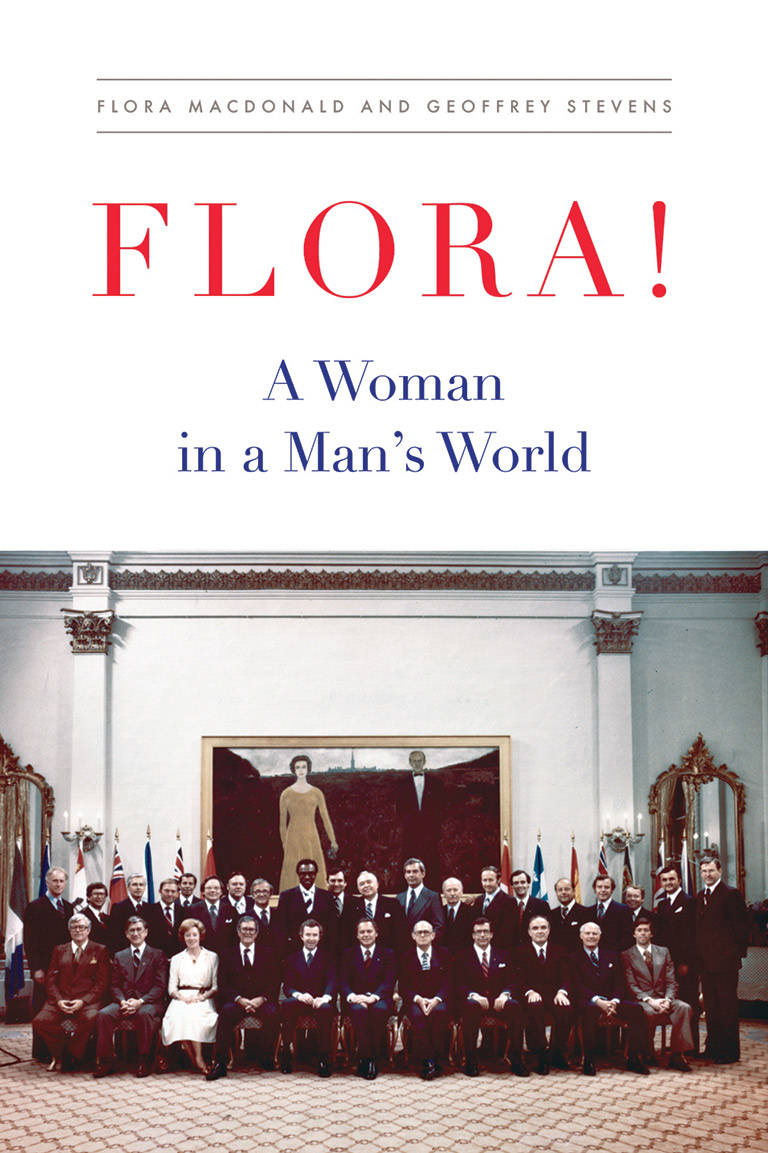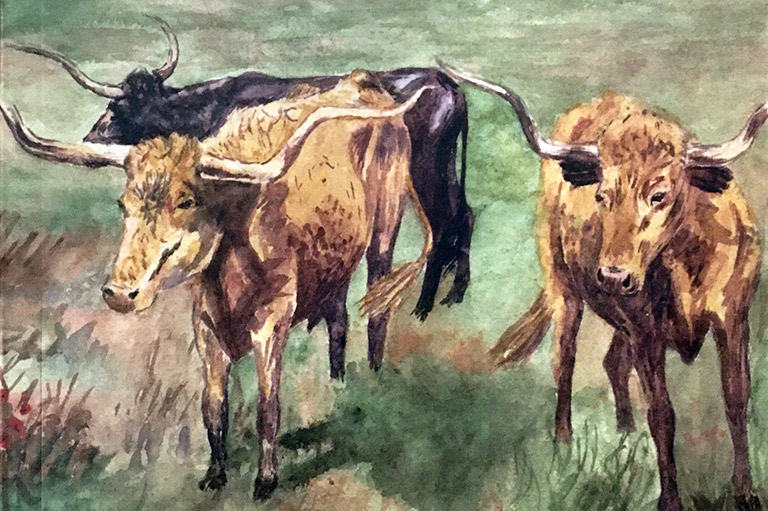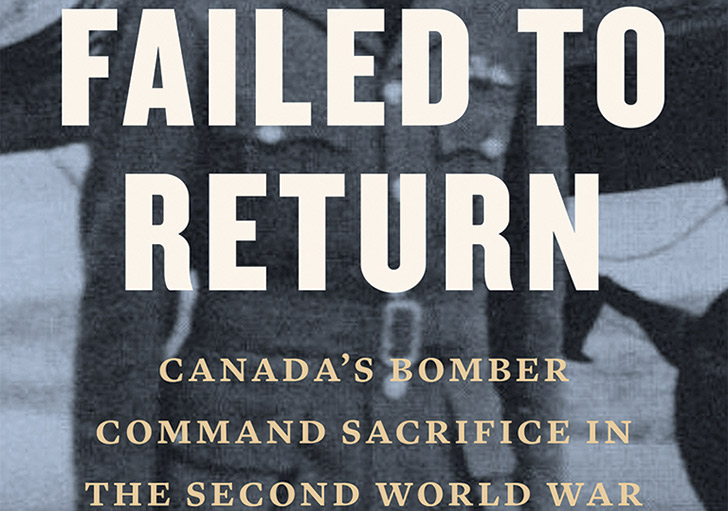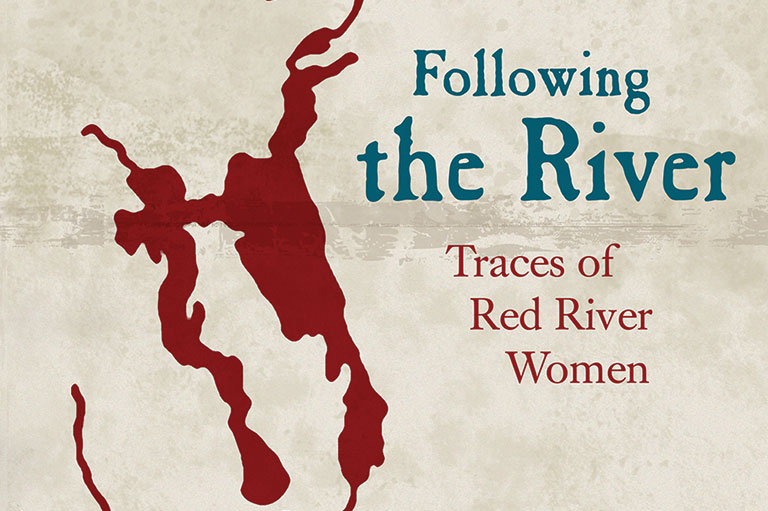Flora!

Flora!: A Woman in a Man’s World
by Flora MacDonald and Geoffrey Stevens
McGill-Queen’s University Press
328 pages, $34.95
There were so many firsts in the career of Flora Mac- Donald that it’s a surprise her scalp wasn’t lacerated by shards from glass ceilings. Elected in 1972 as the Progressive Conservative MP for the Ontario riding Kingston and the Islands (and then the only woman in the 127-strong Progressive Conservative caucus), she went on to become the first serious female contender for the leadership of a major party, in 1976, and was later the first female foreign minister in Canadian history.
During her thirty-two years in the backrooms and on the front lines of the Progressive Conservative Party, she put up with the kind of marginalization and misogyny that no young woman would tolerate today. Yet MacDonald refused to be discouraged. “I have never been a helpless victim,” she writes.
When, on the orders of erratic party leader John Diefenbaker, she was sacked from a job at the party’s headquarters in 1965, the Diefenbaker loyalist who delivered the message told her that he would understand if she wept. “Me? Cry? The man did not know me,” she recalls. She retorted that she was not one of his children, and, as she walked out of her office with her head held high, she took with her the names of over two thousand Progressive Conservatives with whom she had established alliances. Within a year she had been elected as the national secretary of the party.
Flora MacDonald began writing this memoir, with the help of former Globe and Mail managing editor Geoffrey Stevens, but died aged eighty-nine when the manuscript was only twothirds completed. Stevens had enough material to finish the project in Mac- Donald’s own voice, and it is a voice that is as unmistakable as her big grin, red hair, and Cape Breton accent.
Flora, as she was known from coast to coast, was a trailblazer for younger women with political ambitions and a passionate advocate for the underprivileged. One of her most important achievements was the humanitarian airlift that, through partnerships between Ottawa and private groups, brought more than one hundred thousand Vietnamese refugees to Canada in 1979. A second accomplishment was the 1985 introduction of the Employment Equity Act, which targeted systemic workplace discrimination against women, visible minorities, Indigenous Canadians, and people with disabilities.
MacDonald changed people’s lives, and she continued to do so after she lost her seat in Parliament in the 1988 election. Working with several international non-governmental organizations, she headed initiatives on women’s health and education in India, Africa, and Afghanistan. Pursuing humanitarian goals, she was still bouncing around in trucks on dirt roads and sleeping in tents as her eightieth birthday approached.
But Flora! is more than the history of a groundbreaking feminist (who, it must be said, never embraced that label). It is also a glimpse of Progressive Conservative Party politics in midtwentieth- century Canada. Typical of its time, the party was dominated by middle-aged white men, but it was also a party that had room for progressive Red Tories, such as MacDonald herself.
She elbowed her way into those backrooms and has left a lively account of the policy battles and personality clashes in which she participated. For any student of party evolution in Canada, Flora! is a valuable source. As former Prime Minister Brian Mulroney said of her after the 1988 election, “Any book or reference to the PC Party over the last three and a half decades has a place of honour for Flora.”
Themes associated with this article
Advertisement




